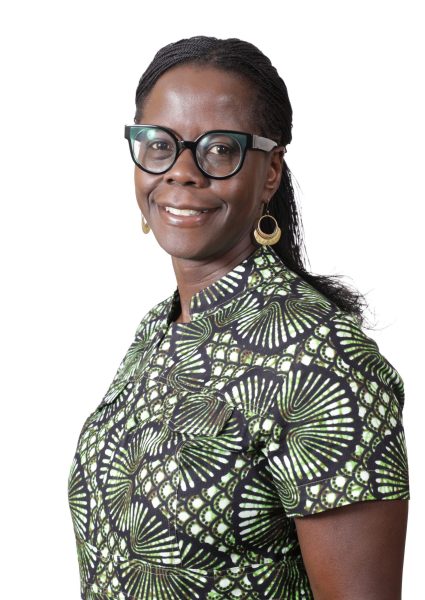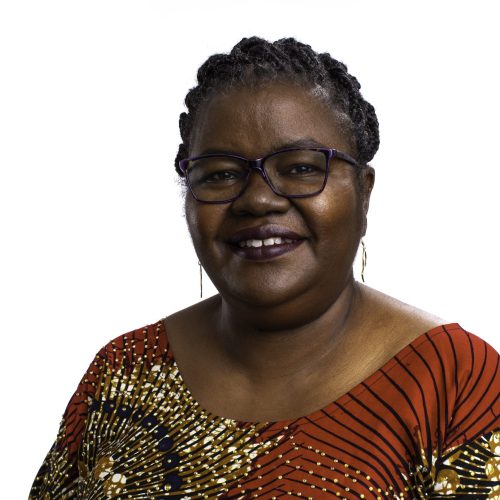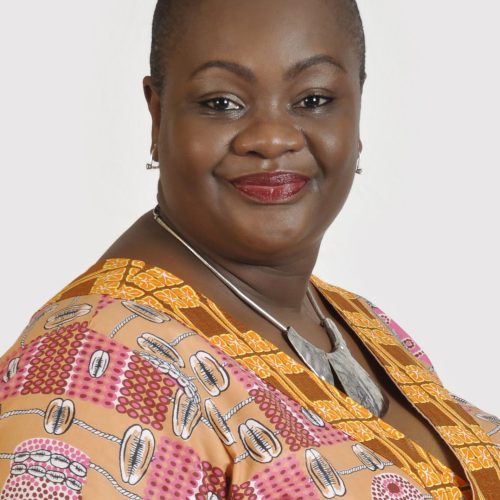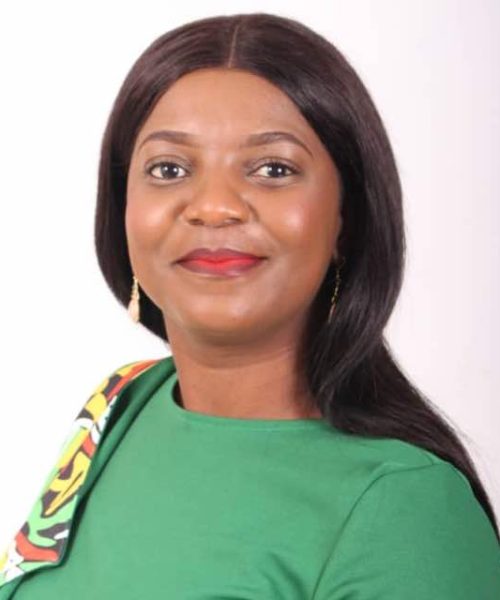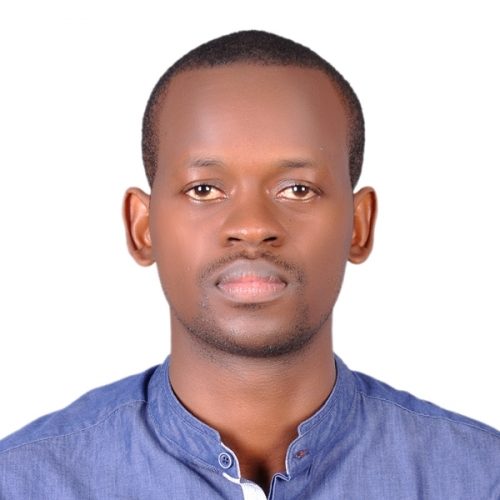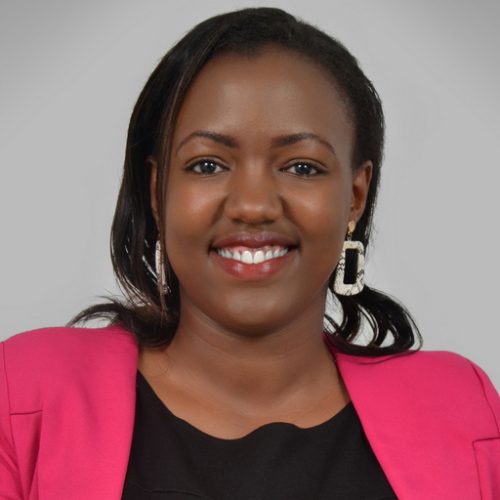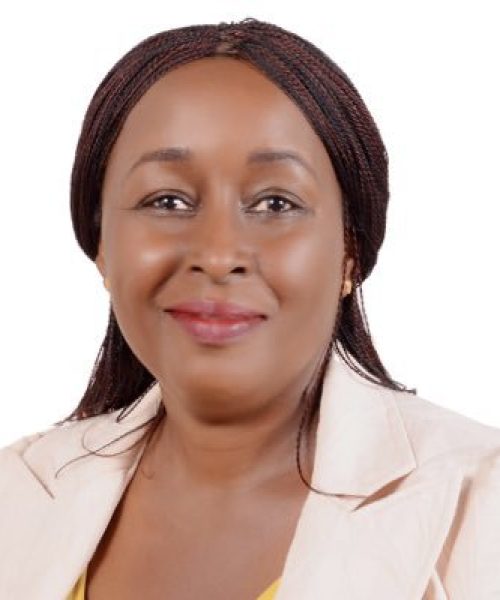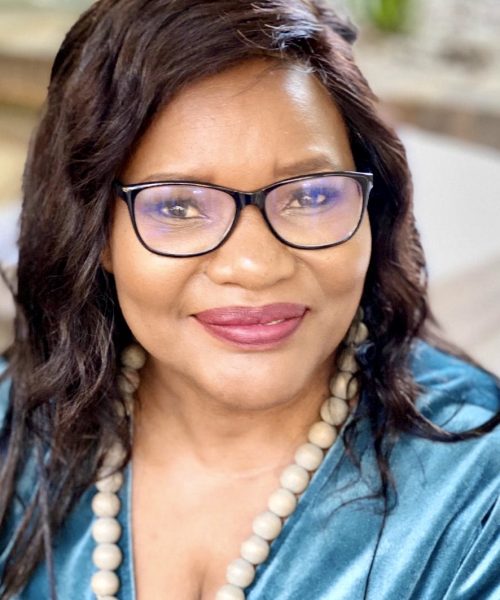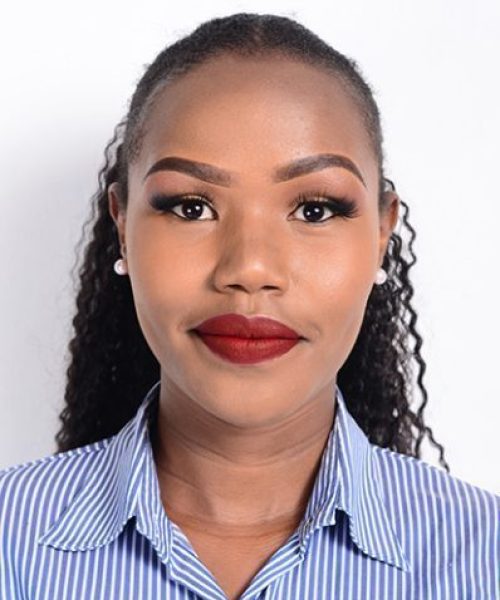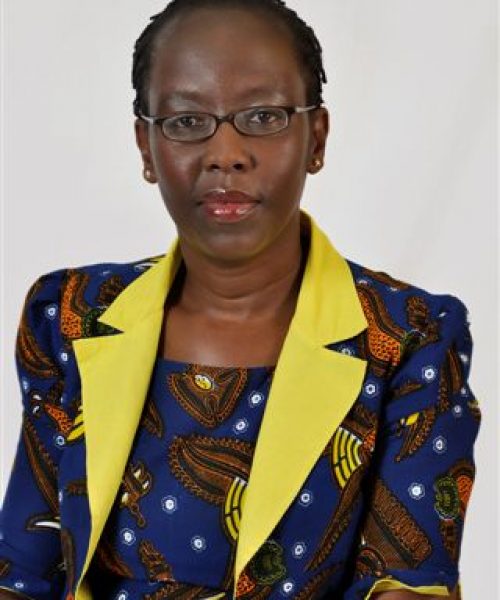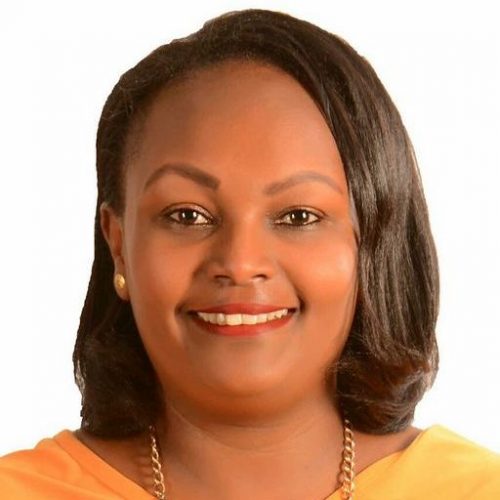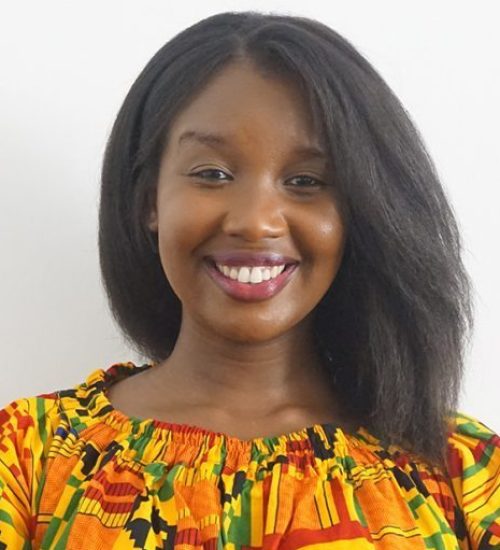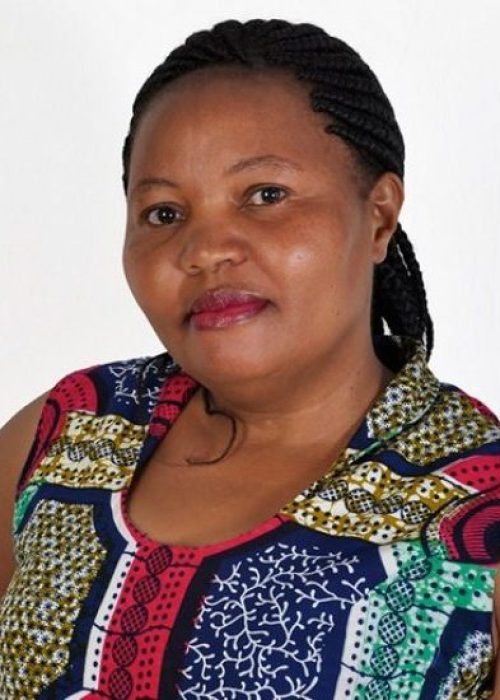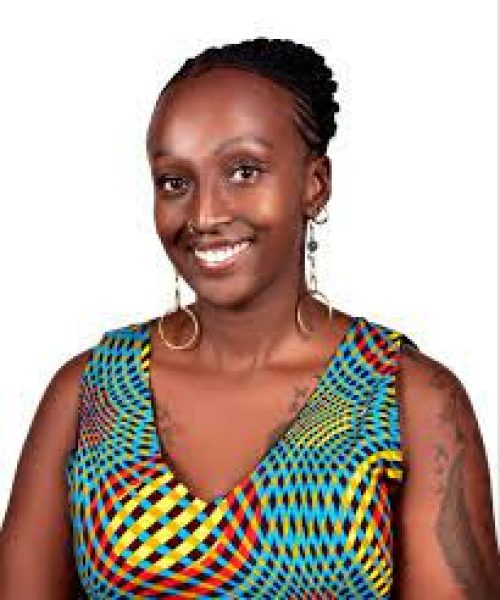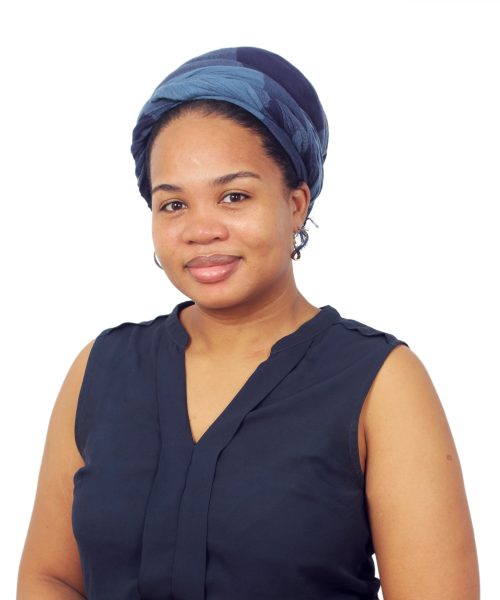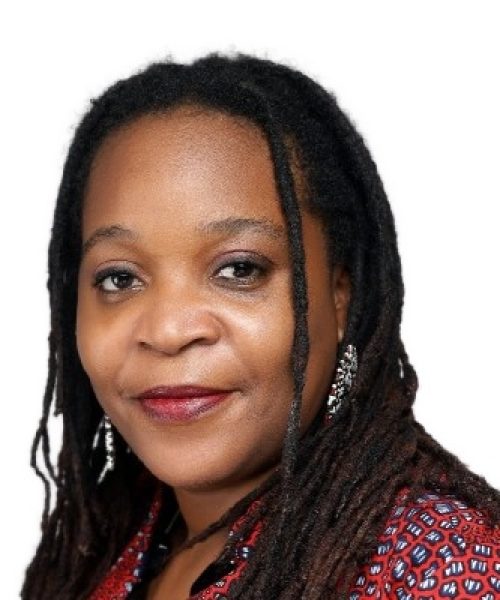
The Reality of Living with Disability in a Pandemic
The Disabled Women and Girls Union is a youth and female-led association womn based in Sierra Leone. Its mission is to advance the rights of womn and gender non- conforming people with disabilities through rights awareness and advocacy. As the COVID-19 pandemic continues to spread across the world, womn and gender non-conforming people with disabilities are facing more barriers in their socio-economic lives. Drastic measures to enforce restrictions to control the spread of the virus, has compounded the challenges womn with disabilities face.
More than ever, womn with disabilities, womn who care for dependants with disabilities and gender non-conforming persons with disabilities are more susceptible to contracting the virus and suffer domestic and sexual violence due to heightened tensions in their homes. Many womn and gender non-conforming persons with disabilities, depending on their underlying health conditions, are at greater risk of developing more severe cases of COVID-19 if they become infected. They may also be disproportionately impacted by the pandemic because of serious disruptions to the services they rely on.
A research conducted by the Disabled Women and Girls Union of its members pointed to the fact that majority of womn living with disabilities were not aware of the COVID-19 pandemic due to lack of access to correct and relevant information on how to prevent the virus. Majority of them rely on inaccurate information from people around them, as messages are not produced in ways that are accessible to people with disabilities. It is becoming clear that the gender, disability and structural inequalities that underpinned societies before the crisis are being exacerbated, in particular for those who experience intersecting forms of discrimination and exclusion, including womn and gender non-conforming people with disabilities.
Being aware of these barriers,the Disabled Womn and Girls Union in Sierra Leone launched a campaign to address the information gap experienced by members of the union. They started by documenting reported cases of infected womn and gender non-conforming people with disabilities
who report abuse. They provided food rations and hygiene kits to members of the union. They also translated messages on how to prevent COVID-19 into sign language.
Working with sign language interpreters through a peer-to-peer approach, the union sensitised groups with hearing impairment and other categories of people living with disabilities in various communities on measures to take to protect themselves, how to access healthcare and other deliveries, as well as emergency numbers to report abuse they may experience. The group, in collaboration with the Emergency Operation Centre of the Coronavirus Pandemic and Sierra Leone Ministry of Health and Sanitation, advocated that the central government provide clinical services to infected womn and gender non-conforming groups with disabilities.
This would ensure that the short and long-term impacts of COVID-19 are not devastating for womn with disabilities. Addressing the immediate needs of womn and gender non-coming people with disabilities helped members of the union to recover quickly and become more resilient as they faced the threats posed by the COVID-19 pandemic in their daily lives.

